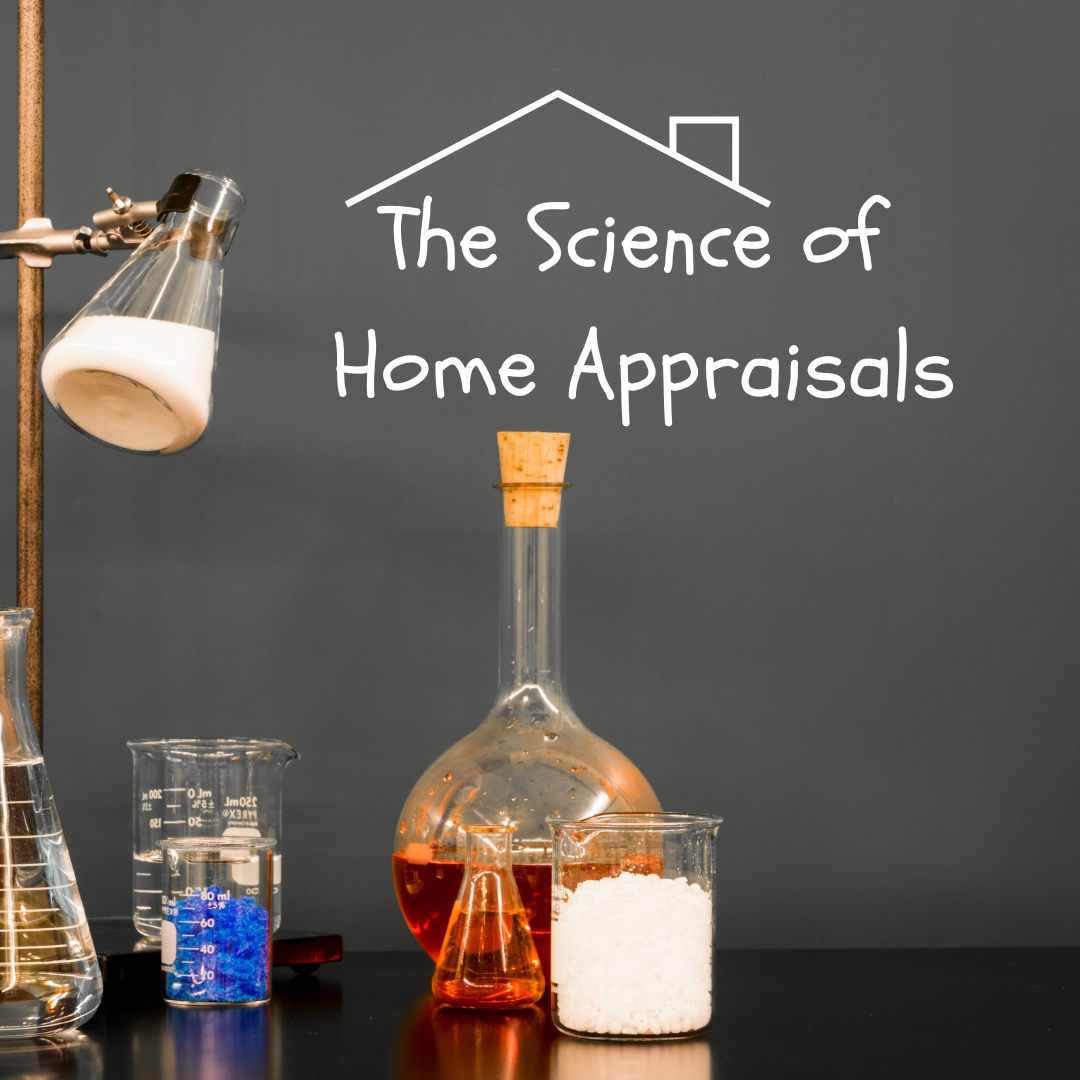The process of determining a property's value is crucial for various reasons, including buying or selling a property, refinancing, or securing a home equity loan. Home appraisals are conducted by licensed professionals who assess the value of a property based on several factors. In contrast, automated home value estimators, like Zillow's Zestimate, use algorithms and public data to provide an estimated value. While these tools can be helpful, they may not be as accurate as a professional appraisal. This comprehensive guide will explore the science behind home appraisals, how to accurately determine a property's value, and why it's essential to distinguish between an appraisal and an automated estimator.
1. Understanding Home Appraisals
A home appraisal is an unbiased, professional opinion of a property's value, typically conducted by a licensed appraiser. The appraisal process includes a thorough inspection of the property, an analysis of comparable properties, and a final report that details the appraiser's findings and conclusions.
2. Key Factors in a Home Appraisal
Appraisers consider various factors when determining a property's value, including:
· Location: The neighborhood and surrounding area can significantly impact a property's value.
· Property size: The square footage and lot size are essential factors in determining value.
· Property age and condition: Older homes in poor condition may have lower values than newer or well-maintained properties.
· Home improvements: Renovations and upgrades can positively affect a property's value.
· Comparable properties: Appraisers analyze recent sales of similar properties in the area to determine the property's fair market value.
3. The Appraisal Process
The appraisal process typically involves the following steps:
· Research: The appraiser gathers information on the property, including ownership history, tax records, and zoning information.
· Inspection: The appraiser conducts a thorough visual inspection of the property, noting its condition, features, and any necessary repairs.
· Comparables: The appraiser identifies comparable properties that have recently sold in the area and evaluates their similarities and differences to the subject property.
· Analysis: The appraiser analyzes the data collected during the research, inspection, and comparables stages to determine the property's fair market value.
· Report: The appraiser prepares a detailed report outlining their findings and conclusions, including the final appraised value.
4. Automated Home Value Estimators vs. Professional Appraisals
Automated home value estimators like Zillow's Zestimate use algorithms to calculate an estimated property value based on publicly available data. While these tools can provide a general idea of a property's worth, they may not account for factors like property condition, unique features, or recent upgrades. Consequently, these estimates may not be as accurate as a professional appraisal.
5. Preparing for an Appraisal
To ensure an accurate appraisal, homeowners should:
· Conduct necessary repairs and maintenance.
· Keep records of recent improvements and upgrades.
· Ensure easy access to all areas of the property during the appraisal.
· Provide the appraiser with any relevant information, such as property surveys or neighborhood covenants.
6. Challenging an Appraisal
If a homeowner disagrees with an appraisal, they can:
· Request a copy of the appraisal report and review it for errors or inconsistencies.
· Gather evidence of recent sales of comparable properties that support a higher valuation.
· Submit a formal appeal to the lender or appraisal management company, outlining their concerns and providing supporting documentation.
Understanding the science behind home appraisals is essential for accurately determining a property's value. This comprehensive guide has provided an in-depth look at the appraisal process, key factors considered, and the importance of differentiating between professional appraisals and automated home value estimators. By following these guidelines and preparing your property for appraisal, you can ensure an accurate valuation that reflects your home's true worth, ultimately benefiting you in any buying, selling, refinancing, or loan-related decisions.
Written by: Texas Roadrunner Realty with ChatGPT
Image by Canva





